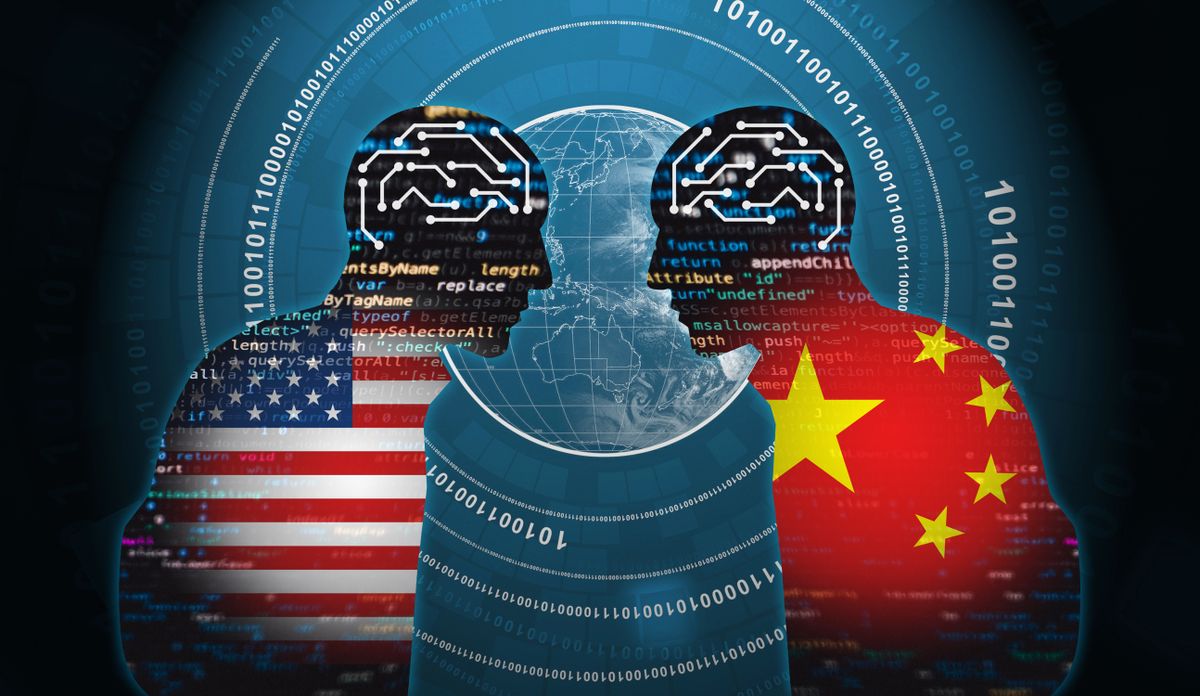
China privately acknowledges its involvement in the Volt Typhoon attacks.
Chinese officials have privately acknowledged their responsibility for the intrusions.
In a private meeting in December 2024, high-ranking officials in China acknowledged that their country was involved in a series of cyberattacks against the critical infrastructure of the United States, including sectors such as communications and energy. This acknowledgment comes amid a severe escalation of hostilities between the two nations, where the increase in U.S. support for Taiwan has been identified as a key factor.
The cyber attackers known as Volt Typhoon had been infiltrating U.S. critical infrastructure systems for several years, impacting vital industries such as energy, transportation, and water. Although China had previously denied any involvement, Chinese officials have indirectly and somewhat ambiguously admitted to their participation, which U.S. officials interpreted as a warning about their intentions regarding Taiwan.
Amid this tense climate, the imposition of reciprocal tariffs between the two nations is also being contemplated, a constant in the trade war. Reports suggest that U.S. officials are considering the possibility of launching cyberattacks against China, while security experts warn that China could respond to these tariffs with a "Typhoon" attack, associated with hacker groups like Salt and Volt Typhoon.
This situation follows a series of massive layoffs in the government during the Trump administration, which, according to a former director of cybersecurity at the NSA, will have a devastating impact on the nation’s cybersecurity. The statements from Chinese officials seem to be a tactical move to highlight their own cyber capabilities and their willingness to use them.
It is noteworthy that a previous attack by the Salt Typhoon group on telecommunications networks has been labeled as a "historic intelligence failure," leading some officials to believe that this group is still active in U.S. networks.
Over the years, the U.S. State Department's position on Taiwan's independence had been one of opposition, although this approach has changed, especially under the Trump administration. The growing tension between China and the U.S. could result in cyber offensives from both sides. Taiwan, with its robust economy, is crucial for semiconductor manufacturing, essential components for modern technology used in satellite systems, phones, laptops, and artificial intelligence applications.




